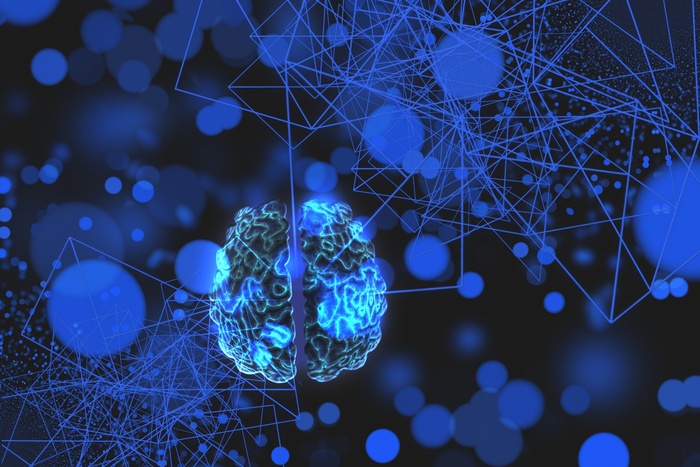by Alessio Jacona*
Globally, «Generative AI could expose the equivalent of 300 million full-time jobs to automation», while if we analyze the data relating to occupational tasks in the United States and Europe, «about two thirds of current jobs are exposed to some degree of AI automation,” while generative AI “could replace up to a quarter of current jobs.”
These are some of the key information that emerges from the report produced by the investment bank Goldman Sachs (GS) and entitled "The Potentially Large Effects of Artificial Intelligence on Economic Growth", in on the basis of which with the advent of AI «the labor market could suffer considerable upheavals».
(A pdf copy of the report in English can be downloaded at the end of this article).
All of this, the study continues, will be possible if "generative AI keeps its promises", i.e. if the long series of enthusiastic announcements, the multiplication of services that promise to change the way we work, the sudden interest of the general public and the storytelling of marketing, will correspond to the effective ability of AI to efficiently carry out the many tasks that are set to revolutionize.
Meanwhile, the positive aspect is that, again according to Goldman Sachs researchers, "the loss of jobs due to automation has historically been compensated for by the creation of new jobs", and that the emergence of new result of technological innovations was,
in most cases, the main driver for job growth.
In short, if it is true that technological innovation historically leads to the elimination of jobs, it is equally true that it leads to the creation of new ones.
The question, if anything, is how to ensure that those who lose their jobs today (because their jobs can now be done by AI) have the ability to update and integrate their skills to still have a place and a role tomorrow in the new working context.
“The combination of significant labor cost savings, the creation of new jobs and productivity increases for workers who are not being replaced, increases the chances of a productivity boom that would boost economic growth substantially,
even if the timing of this boom is difficult to predict,” reads the report.
The numbers, for their part, are encouraging: the Goldman Sachs study also reveals that generative AI could increase labor productivity growth in the United States by almost one and a half percent per year over the next decade, if this technology was widely adopted by companies.
Over the same period, GS estimates that generative AI could increase annual global GDP by 7%, equivalent to an increase of nearly $7 trillion.
But what do Goldman Sachs researchers mean when they talk about how much AI could "expose professions and trades to automation"?
According to the study, the impact of AI will affect the entire labor market,
but it will be of different intensity depending on whether we are dealing with emerging markets (minor) and developed markets (major).
Focusing on individual professions, the "exposure to automation" is an index that evaluates how many of the multiple tasks attributable to a single profession can be performed by AI: the research highlights sectors where the role of artificial intelligence will remain marginal for now, such as “Cleaning and maintenance”, “Installation, maintenance and repair” or “Building construction”;
those in which AI will play a complementary role by performing part of the tasks and freeing up time for the workforce to devote to increasing productivity (practically all sectors considered);
finally, those where workers are most at risk of being replaced by AI,
which include the legal professions and those that fall into the 'Administrative and Office Support' category.
More generally, the study argues that, globally, 18% of work could be automated by AI, with greater effects in developed markets than in developing markets.
* Journalist, innovation expert and curator of the Artificial Intelligence Observatory

